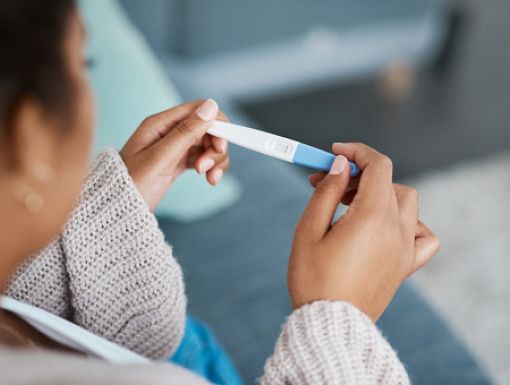
Why Is My Period Late?
The most common reason for a missed period is pregnancy. But what if you are not pregnant and your period is consistently late? What if you haven’t had a period for months or even for a full year?
If you still have periods, but they are consistently outside of the normal range, you may have an irregular menstrual cycle. If your periods have stopped completely, you may have amenorrhea, which is when menstruation is absent between puberty and menopause. Amenorrhea is not a disease. It doesn’t mean that you’re infertile. However, this condition can be a sign of health issues that require medical attention.
What is considered irregular?
What is considered irregular will vary based on your age. For teens, irregularity is outside of the range of 21–45 days. Adults with irregular periods consistently have periods outside of the range of 24–38 days. For adults, this may include cycles that vary in length by more than 7–9 days (for example, a cycle that is 21 days long one month and 41 days the next). Periods that suddenly stop for more than 90 consecutive days (three months in a row) may be diagnosed as amenorrhea.
Exceptions are pregnancy, menopause and if you’ve recently stopped taking a hormonal birth control.
What causes irregular periods?
Causes for irregular periods include:
- Breastfeeding. For some women, their periods do not come back until after breastfeeding ends.
- Ovaries have stopped working before age 40 (primary ovarian insufficiency)
- Polycystic Ovary Syndrome (PCOS)
- Eating disorders, such as anorexia and bulimia
- Excessive weight gain or weight loss
- Too much exercise
- Hormonal imbalances
- Extreme and prolonged stress
- Certain medicines
- Untreated diabetes
- Thyroid issues
- Benign tumors
- Some cancers
- Reproductive tract infections
- Other health conditions
When should I seek medical attention?
Consistently irregular periods can have a significant impact on your health. They can lead to serious health conditions. The health of your menstrual cycle is related to your health in ways you may not have considered. Your metabolism, heart, sleep, fertility and mental health can all be affected by an irregular cycle. It’s important to have any potential issues diagnosed as early as possible and managed with the help of a healthcare professional. You should see a doctor if:
- You have gone three months without a period
- You have irregular periods after having normal cycles
- Your period happens more often than every 24 days
- Your period happens less often than every 38 days
- Haven’t gotten your period by age 15
- Haven’t started your period within three years after breast growth began, or if breasts haven’t started to grow by age 13
The most common way that an irregular menstrual cycle is regulated is with hormonal birth control. However, your healthcare provider will determine the cause and treatment for your irregular period.
Here’s a tip: Use a period tracking app on your phone or a calendar to track your period for several months. Popular apps include Clue and Flo. Tracking your period will help you easily discuss your cycle during your appointment.
Learn more about Women’s Services at Ochsner Health.



